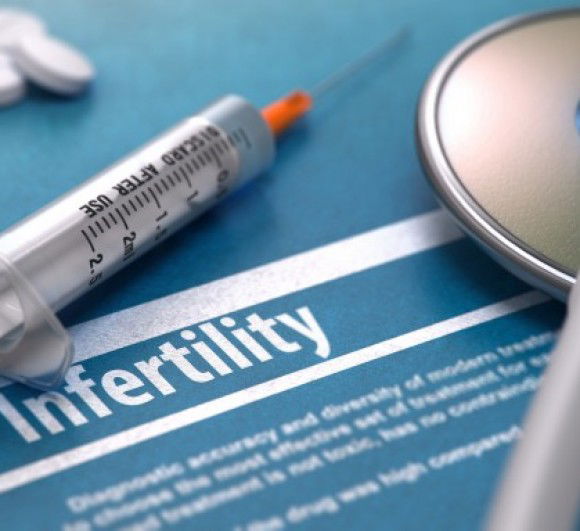Health
Anti-infection drug may cut infertility in cancer patients

New York, Feb 13: A medication that is used to prevent infections in cancer patients may also help regenerate sperm stem cells and prevent them from infertility, researchers say.
Cancer treatments like radiation and chemotherapy often kill sperm stem cells, making male reproduction essentially impossible.
The drug called G-CSF or granulocyte colony-stimulating factor stimulates the bone marrow to produce neutrophils -- white blood cells that fights infections.
But, they are commonly lost after chemotherapy and radiation treatments, said researchers from the University of Texas at San Antonio (UTSA), in the US.
However, the study, published in the journal Reproductive Biology and Endocrinology, discovered a link between a drug for recovering cancer patients and the absence of normal damage to reproductive ability.
By promoting cell growth, G-CSF unexpectedly began regenerating sperm production by creating new sperm cells to replace the dead cells.
"We were using G-CSF to prevent infections in our research experiments. It turned out that the drug also had the unexpected impact of guarding against male infertility," said lead author Brian Hermann, assistant professor at UTSA.
The next step would be observing whether the use of the drug, which is already prescribed often by oncologists, has any correlation with improved fertility among cancer patients, Hermann added.
For the study, male mice were treated with G-CSF or controls and were evaluated immediately or 10-19 weeks later for effects on sperms.
The protective effect of G-CSF on sperms was stable for at least 19 weeks after chemotherapy, nearly twice as long as previously shown, the researchers noted.



































